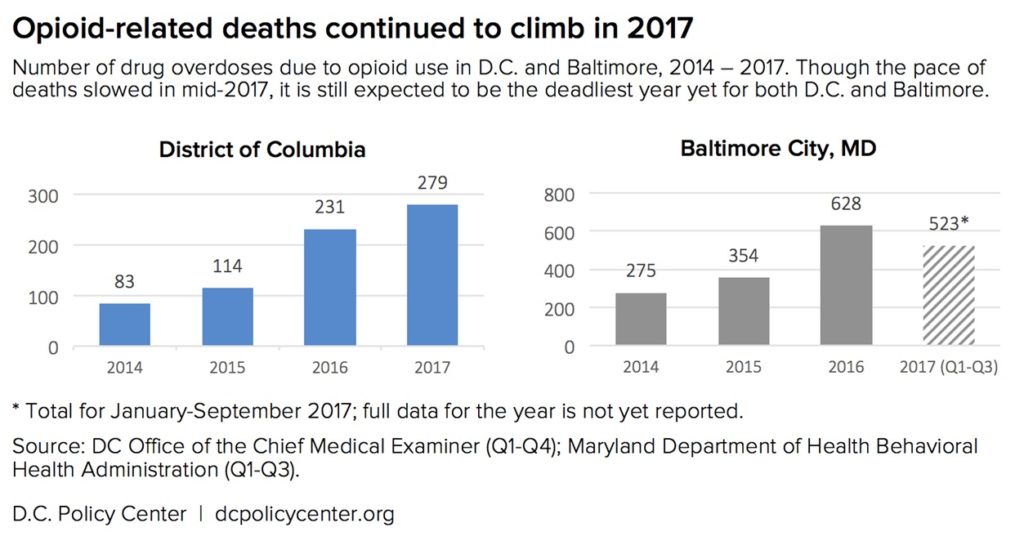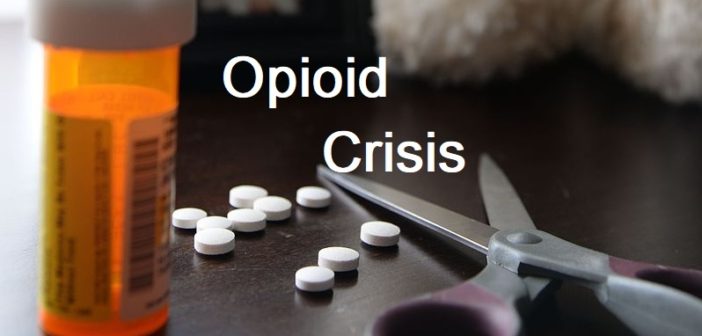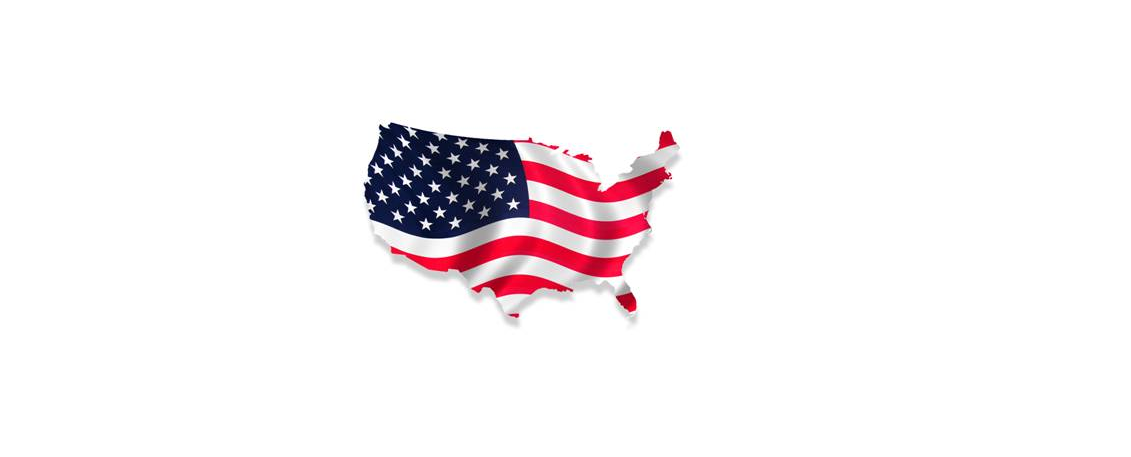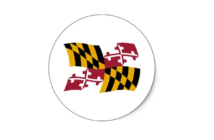January 1, 2019
Alexandra Robinson
News Writer
Metro Link
The list of celebrities that have died in recent years from opioid overdoses has grown exponentially, but locally in the Washington, D.C. area statistics are even more astounding.
The word opioid has been a popular term for the past couple of years and its importance grows more each year. The U.S. is in crisis. Americans are becoming addicted to opioids at an alarming rate. The opioid crisis is not just affecting other states, but it’s also happening in our own backyard.
In Washington, D.C. alone, the cases of opioid abuse fatalities have risen tremendously just within this year. Even with government funded programs to help end opioid abuse, the District’s death toll for opioids has still continued to increase every year. In comparison, the metro area does not have as many opioid related deaths as Baltimore. However, Baltimore’s opioid fatalities are beginning to decrease, while the District’s fatalities continue to grow.

The Baltimore Sun recently published a piece on the climbing number of opioid users in Maryland titled, “Opioid overdoses in Maryland increased 14.8 percent in first six months of 2018.” The article discussed how opioid overdose is one of the leading causes of death in the U.S. The crisis stems largely from the now infamous drug fentanyl. Fentanyl is one of the most potent and addictive opioids. It is also the easiest drug to overuse, because small amounts can be fatal.
With the increase in opioid fatalities, DC Health has begun to implement programs to combat opioid addiction. DC Health Director of Communications and Community Relations, Tom Lalley said, “We provide naloxone distribution around the D.C. area, and run the needle exchange program. We work with prescribers on prescription drug monitoring programs.” Naloxone happens to be a powerful drug that can treat a narcotics overdose in emergency situations only. Lalley also discussed how DC Health provides assistance to providers and doctors. If patients are searching for rehab facilities or recovery support services, they should seek help through the Washington, D.C. Department of Behavioral Health.
The misuse of opioids in the United States has become so dire that the senate voted on a legislative package back in September 2018 that some senators refer to as “ the Opioid Crisis Response Act of 2018”, this according to Vox’s article titled, “Congress is on the verge of a bipartisan opioid package. But experts have big concerns, ” which states: “ The legislative package is a big breakthrough that will boost access to addiction treatment and many other interventions to mitigate the opioid epidemic, from law enforcement efforts against illicit drugs to combating the over prescription of opioids.” This legislative package could help increase the amount of care those struggling with addiction can receive. This is a welcomed resource for those in seemingly hopeless situations.
Opioid abuse does not only affect the person taking the drugs, but it also puts a strain on the relationships they share with others. In David Sheff’s memoir “Beautiful Boy”, he discusses the turmoil and destruction that his son Nic Sheff’s opioid addiction had on the family. Nic also created a memoir of his own titled “Tweak ”, which details the start of his battle with opioid addiction. Both Nic and David’s memoirs share a cautionary message that no one is too young to become addicted to opioids.
With the crisis spreading all across the country, education on opioid awareness, drug treatment, and a prevention of abuse is the best form of strategic action to combat what at times seems challenging and often hopeless.
Resources:
If you, a loved one, or someone you know is suffering from opioid addiction there are resources listed below.
National Helpline: 800-662-4357
Open: 24/7 365 days a year
They speak English and Spanish.
First Quarter of 2018: the helpline received an average of 68,000 calls per month. This is an increase from 2017 with an average monthly call volume of 67,000 calls and approximately 815,000 total calls for the year of 2017.
The helpline is a referral resource that is free of charge. If you have no insurance or are underinsure, we will refer you to your state office for state-funded treatment programs. We often refer you to facilities that charge a sliding fee scale or facilities that accept Medicare or Medicaid. The service is confidential we will not ask for any personal information except for your zip code. We don’t not provide counseling, but trained specialists answer calls and transfer callers to state services and intake centers in your state for local assistance and support.
DC Department of Behavioral Health Website: https://dbh.dc.gov/service/recovery-support-services
Kolmac Outpatient Recovery: 202-638-1992
Good Hope Institute Addiction Treatment Center: 202-839-3985
Aquila Recovery Clinic: 202-417-3415
Suicide Prevention Resource Center: 202-481-3819




